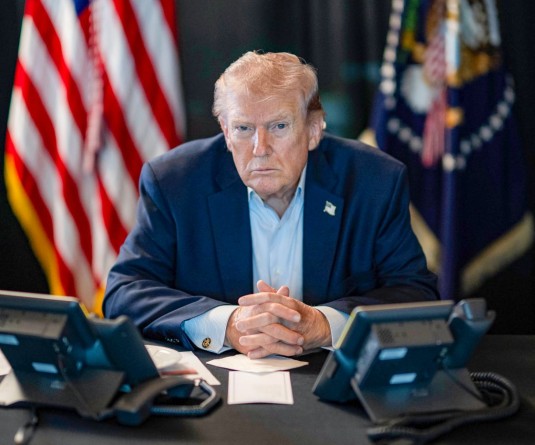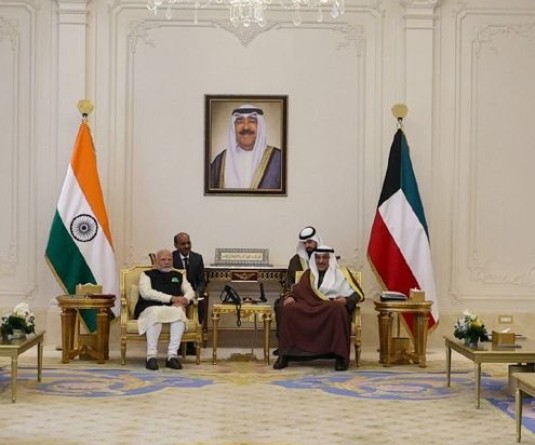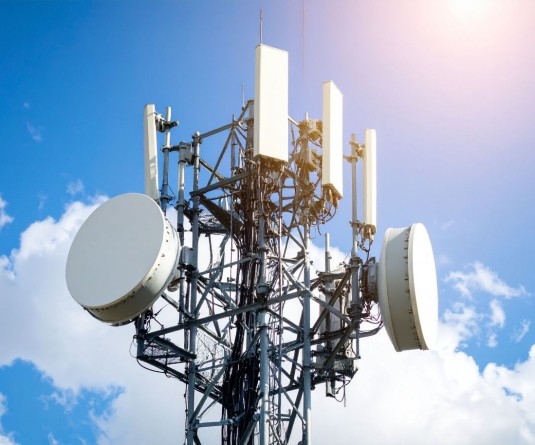Kashmir was in a mess before Aug 5: Jaishankar on Art 370 move

New Delhi, September 26 (PTI): Kashmir was in a "mess" before August 5, the day when India revoked Jammu and Kashmir's special status, external affairs minister S Jaishankar said, asserting that the decision was taken to "try something very different" to change the economic and social landscape in the region.
During an interactive session at think-tank Council on Foreign Relations in New York on Wednesday, the minister said when the Modi government was voted back to power in May, it did a Kashmir review and realised that there were two choices before it.
"One was you had a set of policies, which were on the books for 70 years, but for the last 40 years they were visibly not working," he said, adding that the other was to abrogate Article 370, which gave special status to Jammu and Kashmir.
"Please remember that pre-August 5, Kashmir was in a mess. I mean, the difficulties in Kashmir have not started on August 5. August 5 is supposed to be a way of dealing with those difficulties. So the choices were either you continue what was clearly not working, or you tried something very different. And the decision was to try something very different," he said.
"Now we realise (that) it's not an easy exercise, because there are deep vested interests which will resist. And so when we did this transition, our first concern was that there would be violence, that there would be demonstrations and terrorists would use those demonstrations," he said.
Tensions between India and Pakistan spiked after New Delhi abrogated Article 370.
The action evoked strong reactions from Islamabad, which downgraded ties and expelled the Indian ambassador.
Pakistan has been trying to internationalise the Kashmir issue, but India has asserted that it was the country's "internal matter".
Jaishankar said the government's expectation is that by doing away with what was a temporary condition, "what was meant as a bridge but became a barrier", it will be able to push investments, economic activities into Kashmir that will help to change the economic and social landscape in the region.
The minister said the restrictions, including snapping of communication modes, put in place in Jammu and Kashmir after the abrogation of Article 370 were intended to prevent loss of life and as the situation stabilises, "a lot of those restrictions would be rolled back".
Already landlines are reconnected, mobile towers have started to be switched on, schools are open and economic activity has picked up, he said.
Referring to the killing of Burhan Wani, "a self-advertised terrorist cult figure" in 2016 that had led to spike in violence in the Valley, Jaishankar said, "The intention (of putting restrictions) was to manage this transition situation without loss of life."
After the Hizbul Mujahideen terrorist was neutralised in 2016 by the security forces, unrest followed for about five months in and around Kashmir Valley.
Several people were killed and many teenagers received grievous pellet and bullet injuries sparking outrage.
Police force also reported casualties and faced threats from terrorists.
"For us, the primary concern would be to prevent loss of life. And if I were to put the temporary suspension of Internet on one side of the scale, and permanent loss of life on the other, I know which side I would go," Jaishankar said.
The economic and social consequences of Article 370 led to a political consequence as "a narrow elite" arbitrage the constitutional provision to "monopolise political power to create a sort of a close-loop politics, and they had a vested interest in keeping alive separatist sentiment", he said.
"So you had actually a situation where separatist political parties were openly allied with terrorist groups operating out of Pakistan," Jaishankar added.
The level of intimidation had reached a height where senior police officers were lynched on the streets of Srinagar, journalists who wrote against separatism were assassinated and military personnel were kidnapped and killed, he said.
'Pak conducts terrorism, follows policy of implausible deniability'
Hitting out at Pakistan, Jaishankar has said India cannot talk to a "very challenging" neighbour that conducts terrorism as a legitimate tool of statecraft to put pressure on New Delhi to come to the negotiating table, and follows a policy of "implausible deniability".
When Jaishankar was asked about Kashmir and how he looks to manage New Delhi's relationship with Islamabad, he said, "Well you used two key words and I would like to begin by differentiating that. One was Kashmir and other was Pakistan. And I'll tell you why I do that. I don't think that the fundamental issue between India and Pakistan is Kashmir. I think it's part of the issues between us."
Jaishankar said the issue for India was not whether it talks to Pakistan, but how it can talk to a country that is conducting terrorism.
"Of course everyone wants to talk to their neighbour. The issue is, how do I talk to a country that is conducting terrorism and which frankly I would say follows a policy of implausible deniability," he said.
"They do it, they kind of pretend they don't do it. They know that that pretense is not serious, but yet they do it. So, how do you address that and I think it's a huge challenge for us," he added.
Referring to the terrorist attacks in India planned and conducted from across the border, Jaishankar said Mumbai, which was attacked in November 2008, is a few thousand miles away from Kashmir.
"You had the abortive attack on the Indian Parliament. So I think...we should distinguish between the antipathy, the deep antipathy that the segments of Pakistan nurse towards India from coveting Kashmir. I think they are autonomous issues," he said.
The minister stressed the history of India and Pakistan was not a normal history.
Jaishankar said that despite being a neighbour, Pakistan will not trade with India, is a member of the WTO but will not extend MFN status, even though they are legally obliged to and New Delhi did it.
"You have a neighbour who would not allow you connectivity. So we have, for example, the potential to use Pakistan to transit on to Afghanistan, Iran but they will not allow you that connectivity," he said.
He said such an attitude has slowed down regionalism, largely because of a concern that that might integrate them more with India's economy.
"So it's a very challenging neighbour," he said.
"Now, all of that you could still handle if they then don't do the one thing which is actually unacceptable in the world today, which is to conduct terrorism, as in their eyes, a legitimate tool of statecraft as a way of pressurising you to come to the negating table.
"It's not acceptable today as a sort of norm of international relations anymore. You have terrorism in different parts of the world, but there's no part of the world where the country uses it consciously, deliberately as a large scale industry against its neighbour," he said.
Responding to a question on why the two countries have stopped playing cricket, Jaishankar said, "it's very difficult in real life to separate issues."
Highlighting the terror attacks in Uri, Pathankot and Pulwama, he said, "if the dominant narrative of a relationship is of terrorism, suicide bombings, violence and then you say, 'okay, guys, now tea break, let's go and play cricket'. That's a very hard narrative to sell to people."
"So this is a democracy, the sentiments of people do matter. And the one message I don't want to give is, you do terrorism by night and it's business as usual by day. And, unfortunately, that's the message I would give if I were to follow this one (allow cricket matches between India and Pakistan," he said.






